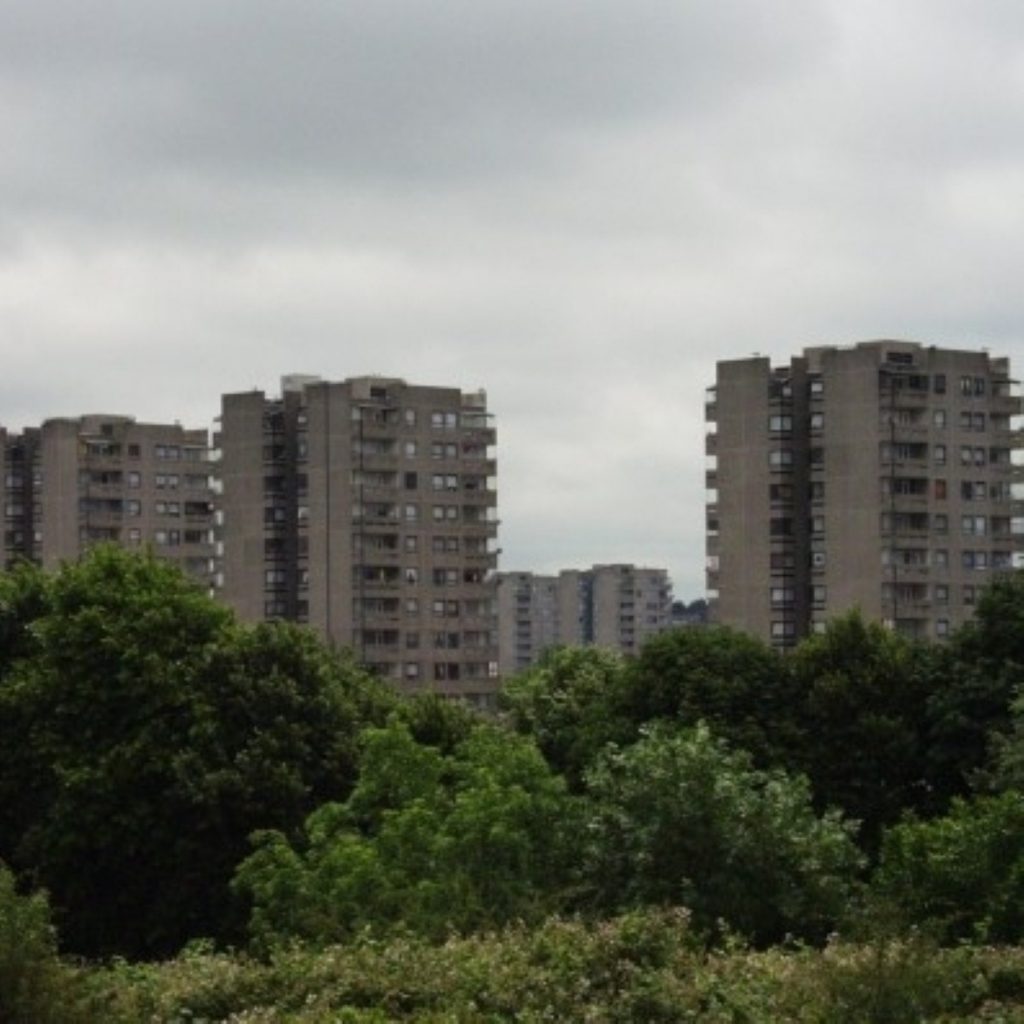Health inequalities ‘as important as climate change’
A government-commissioned review has exposed the full extent of England’s health inequalities, which see those living in the poorest neighbourhoods dying an average of seven years earlier than those in the richest.
The study by University College London researchers also found that, in addition to dying sooner, the most disadvantaged also spend an extra 17 years living with disability.
“There will be those who say that our recommendations cannot be afforded, particularly in the current economic climate. We say that it is inaction that cannot be afforded, the economic and more importantly human costs are simply too high,” UCL’s professor of epidemiology and public health Sir Michael Marmot said.
“The health and wellbeing of today’s children, and of those children when they become adults, depend on us having the courage and imagination to do things differently, to put sustainability and well-being before a narrow focus on economic growth and bring about a more equal and fair society.”
Health inequalities have an immediate economic impact, the reviews notes. It says extra NHS healthcare costs exceed £5.5 billion every year, while lost productivity probably exceeds £30 billion.
Health inequalities should be ranked alongside climate change as one of society’s core challenges, the review argues.
Its highest priority recommendation is giving every child the best start in life, as later “interventions” are proven to be less effective.
It also backs fostering fairer employment rules, developing standards for a minimum income for healthy living and strengthening the role and impact of ill-health prevention.
Health secretary Andy Burnham, who commissioned the review, acknowledged there was “still much to do” but insisted “the health of everyone has significantly improved over the last ten years”.
“The government welcomes the report and supports the focus on tackling the root causes of ill health and inequality to build on what has already been achieved,” he said.
“This means following through on the current national health inequalities target on infant mortality and life expectancy which runs to the end of 2011 acknowledges the challenge posed by a social gradient – the lower a person’s social position, the worse his or her health.”
The government hopes to invest over £1 billion a year directly into children’s centres from 2011, children’s minister Dawn Primarolo pointed out.
“Over the last decade we have made substantial progress in narrowing the gap between children from disadvantaged backgrounds and the rest – the average achievement for those pupils has risen more sharply than for others,” she claimed.





-01.png)